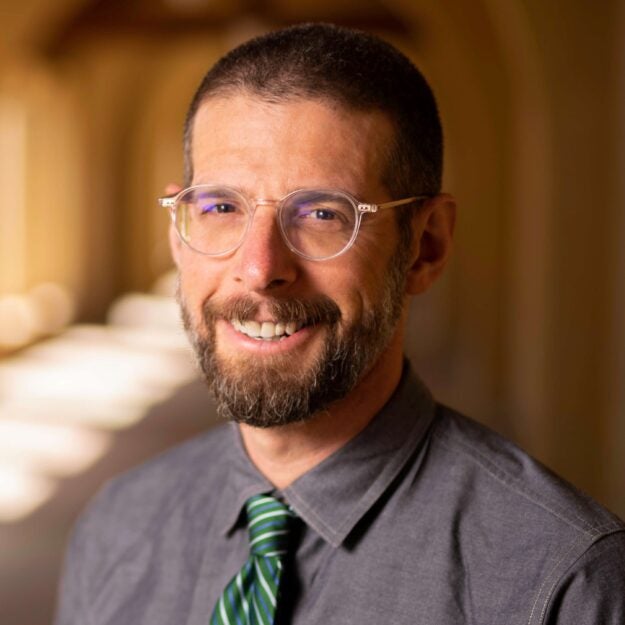Jeremy Goldhaber-Fiebert discussed his work on informing COVID-19 policy decisions at a recent CHDS seminar. Goldhaber-Fiebert is a Professor of Health Policy at Stanford and co-leads the Stanford-CIDE Coronavirus Simulation Model (SC-Cosmo) Consortium, which works directly with government decision makers engaged in pandemic response.
Goldhaber-Fiebert reviewed his recent research modeling COVID-19 in the California state prison system, which involves over 100,000 incarcerated individuals and more than 40,000 prison staff and can also lead to infections among other community members. His teams developed microsimulation and network models designed to inform related policy decisions. This work did not, however, involve conducting cost-effectiveness analyses (CEAs) comparing the expected health outcomes to the monetary costs of alternative policies. Goldhaber-Fiebert argued that using CEAs to identify optimal pandemic decisions may give the impression that the analyst knows more about the upcoming course of the pandemic than is the case – akin to having a crystal ball to predict the future. Instead, Goldhaber-Fiebert suggested that analytic support is needed to help decision-makers understand the possible outcomes in different states of the world so that they can design response plans that account for the substantial uncertainty in these outcomes.
To be added to the email list for future CHDS seminars, please write to chds@hsph.harvard.edu.
Learn more: Stanford-CIDE Coronavirus Simulation Model
Learn more: Explore CHDS’ COVID-19 Resource and Teaching Packs
Related news: COVID-19 Vaccine Hesitancy
Related news: COVID-19 Policy Modeling with Jagpreet Chhatwal
